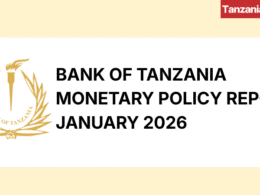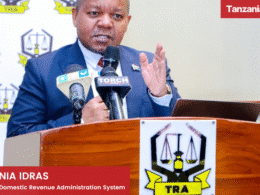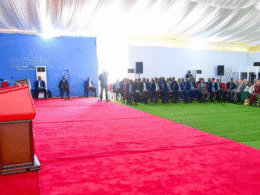The World Bank (WB) recently released its 14th Tanzania Economic Update (TEU), forecasting economic growth to slow sharply in 2020, to 2.5% from the 6.9% growth the government reported in 2019, because of the Covid-19 pandemic.
The WB reminds that the spread of Covid-19 has affected the labor market, production capacity, and productivity.
The economic costs are already being felt in Tanzania, and even with additional policy actions to strengthen the health response and mitigate the economic effects, 2020 GDP growth will likely slow sharply.
Tourism has halted, and exports of manufacturing and agricultural goods have slumped.
The growth slowdown in Tanzania’s main trade partners has reduced demand and prices for its agricultural commodities and final manufactured goods, and international travel bans and fear of contracting the virus are expected to inhibit the recovery of tourism, which has been one of the fastest-growing sectors in the economy.
In combination with direct labor market disruptions from the pandemic, this has caused a severe dampening of private domestic demand and deterioration of domestic business conditions.
Local investors are expected to have less confidence and delay private investment and cautious consumers will likely limit their consumption of durable goods.
Falling public revenues confirms the broad dampening across the domestic economy.
And an additional 500,000 Tanzanians could fall below the poverty line, particularly those in urban settings relying on self-employment and informal/micro-enterprises. The fiscal deficit and current account deficit are also both expected to widen.
Given this gloomy picture, the WB believes that Tanzania has several advantages compared to many other African countries to respond to the crisis with robust health and economic policy response to mitigate the negative effects of the pandemic.
First, the country has a considerable fiscal space given its track record of low fiscal deficits and current low risk of debt distress. Second, international reserves are relatively high, at 6 months of import cover. And third, the country is benefitting from commodity price movements as an oil importer and gold exporter, which is working to dampen the overall trade impact.











